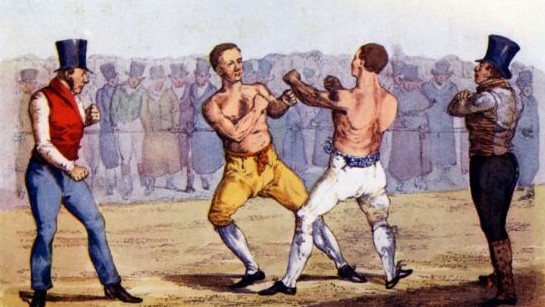In a significant ruling for legal publishing and AI development, a federal judge has granted partial summary judgment to Thomson Reuters in its long-running copyright infringement lawsuit against ROSS Intelligence, finding that ROSS infringed on Westlaw’s copyrighted headnotes and rejecting ROSS’s fair use defense.
The ruling, issued today by 3rd U.S. Circuit Court of Appeals Judge Stephanos Bibas, sitting by designation in the U.S. District Court in Delaware, found that ROSS infringed Thomson Reuters’ copyrights in 2,243 Westlaw headnotes when it used them to train its AI-powered legal research platform.
The court specifically rejected ROSS’s argument that its use of the headnotes constituted fair use under copyright law.
Read the full memorandum opinion.
“Ross was using Thomson Reuters’s headnotes as AI data to create a legal research tool to compete with Westlaw,” Judge Bibas wrote.
The decision revises Judge Bibas’s 2023 summary judgment opinion in the case, which had largely denied Thomson Reuters’s motions.
In explaining his change of position, Judge Bibas opened his opinion with a stark admission: “A smart man knows when he is right; a wise man knows when he is wrong. Wisdom does not always find me, so I try to embrace it when it does — even if it comes late, as it did here.”
See all stories about this lawsuit.
While the ruling is significant, it does not yet put this case to rest. Multiple issues remain to be decided at trial, including whether some of Thomson Reuters’s copyrights have expired or were untimely created, and whether ROSS in fact copied Westlaw’s Key Number System, as Thomson Reuters alleges.
Focus on Fair Use
The ruling focused heavily on the fair use analysis, examining the four statutory factors. While two of the factors favored ROSS, the court found, the two most important factors – the purpose and character of the use and the effect on the potential market – favored Thomson Reuters.
The judge specifically distinguished this case from the Supreme Court’s Google v. Oracle decision, noting that unlike the API at issue in that case, “There is nothing that Thomson Reuters created that Ross could not have created for itself or hired LegalEase to create for it without infringing Thomson Reuters’s copyrights.”
The judge also found that Westlaw’s headnotes met the threshold for originality required for copyright protection, contrary to his prior opinion where he said that was a factual question for a jury to decide.
“[A] headnote can introduce creativity by distilling, synthesizing, or explaining part of an opinion, and thus be copyrightable,” he wrote. “That is why I have changed my mind.”
The court also rejected all of ROSS’s other defenses, including innocent infringement, copyright misuse, merger, and scenes à faire. However, Judge Bibas left one significant copyright issue for trial: whether some of the copyrights at issue have expired or were untimely created.
Long-Running Litigation
The case began in 2020 when Thomson Reuters sued ROSS, alleging that it had copied Westlaw content to train its competing AI legal research platform. According to the complaint, after Thomson Reuters refused to license its content to ROSS, ROSS contracted with legal research company LegalEase to obtain the content indirectly through bulk memos that were created using Westlaw headnotes.
The case had been scheduled to go to trial last August, but was mysteriously continued on the eve of starting. In the opinion issued today, Judge Bibas explained that, as he studied the case materials in more depth in the run-up to the trial, he “realized that my prior summary-judgment ruling had not gone far enough.” He thus ordered the continuance and invited the parties to renew their summary judgment briefing.
While this ruling resolves key aspects of the case, several issues remain for trial. In addition to the copyright issue mentioned above, Judge Bibas’s prior opinion had left several issues for trial. These include factual questions of whether ROSS copied the Key Number System and certain court opinions containing Thomson Reuters’s editorial decisions, and various questions about contributory liability, vicarious liability, and tortious interference with contract.
“I leave undisturbed the parts of my prior opinion not addressed in this one, such as my rulings on contributory liability, vicarious liability, and tortious interference with contract,” he wrote today.
ROSS ceased operations in January 2021, citing the cost of defending this litigation, but the case has continued as Thomson Reuters seeks damages for the alleged infringement.
The ruling could have significant implications for AI companies — and particularly legal AI companies — that seek to train their systems using copyrighted materials, particularly in cases where the AI product would compete directly with the copyright holder’s business.
 Robert Ambrogi Blog
Robert Ambrogi Blog